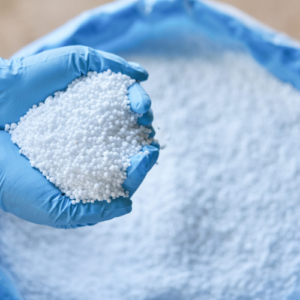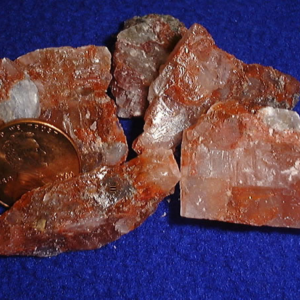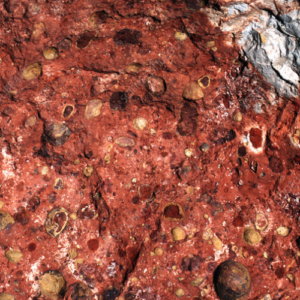Sugar
Sugar is a natural carbohydrate and a primary source of energy, commonly used as a sweetener in foods and beverages. It occurs naturally in various plants, most notably sugarcane and sugar beets, which are cultivated and processed to produce granulated sugar. Chemically known as sucrose, sugar is composed of glucose and fructose, which are essential simple sugars metabolized by the body. Beyond its culinary uses, sugar plays a key role in food preservation, fermentation, and texture enhancement. While it adds flavor and functionality, excessive sugar consumption is associated with health concerns like obesity, diabetes, and tooth decay, prompting a global shift toward moderated intake and alternative sweeteners.
For More Info
Additional information
| ICUMSA | ICUMSA 45 RBU Attenuation Index Units (Method 4 – 1978) |
|---|---|
| Polarization at 20°C | 99.80% Minimum |
| Ash Content | 0.04% Maximum by weight |
| Moisture | 0.04% Maximum by weight |
| Granulation | Fine |
| Substance | Solid Crystal |
| Smell | Free of any odour, unusual or abnormal smells |
| Solubility | 100% dry and fluid / free flowing |
| Magnetic Particles | 0.05% Maximum by weight |
| Max AS | 1 PPM |
| Max PS | 2 PPM |
| Max CU | 3 PPM |
| Colour | Bright white crystal / sparkling white |
| Sediments | None |
| SO₂ | 20-70 MG/KG Maximum |
| Radiation | Normal internationally accepted limit w/o presence of Caesium or Iodin, SO₂ verified |
| HPN Staph Aureus | None |
| Additional information | Free of mildew, immature odours, chemicals, insects, and seed husks. No radiation, no virus, no insect parts, no poisonous matter. Not genetically modified. Suitable for human consumption |
| Crop | Recent crop |





